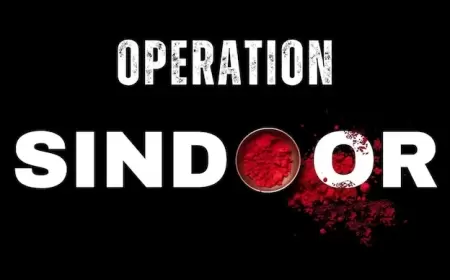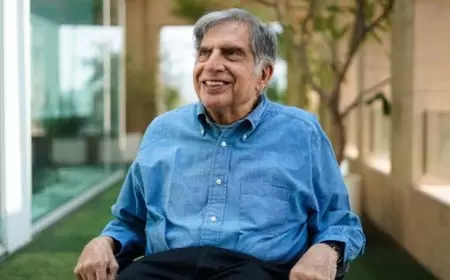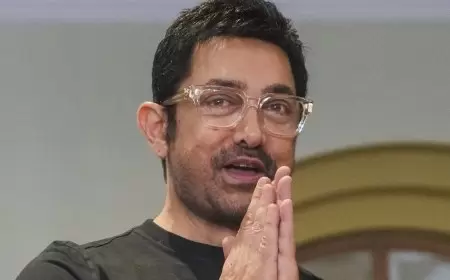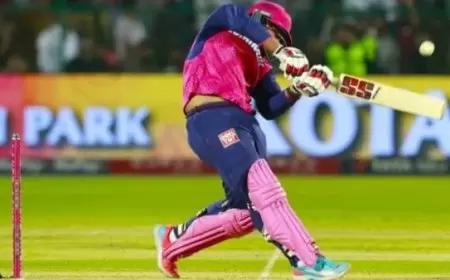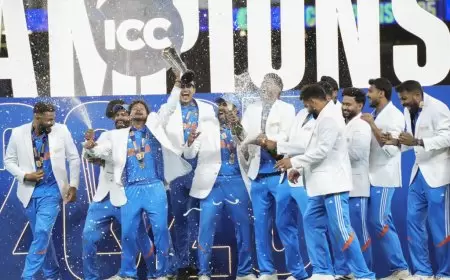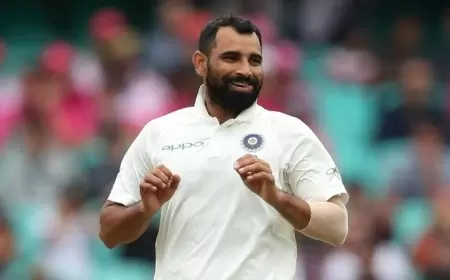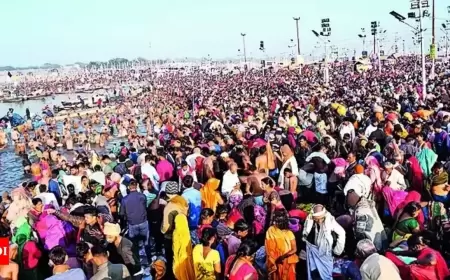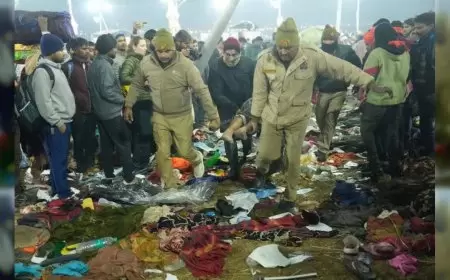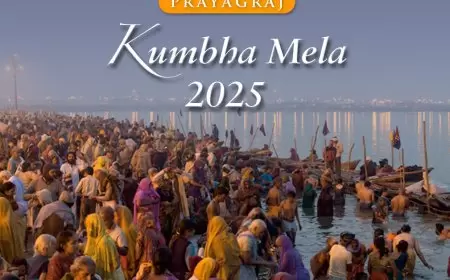Raj Kapoor: The Artist of Indian Cinema
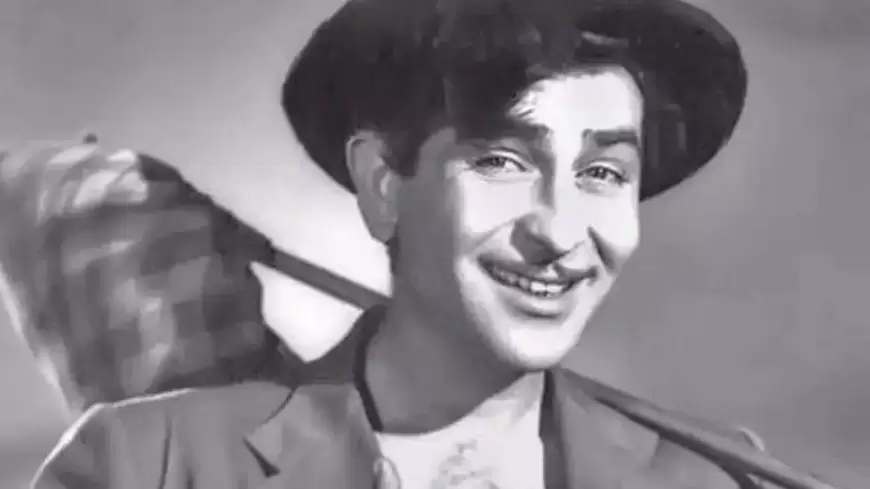
Raj Kapoor, born as Ranbir Raj Kapoor on December 14, 1924, in Peshawar, British India (presently in Pakistan), was a famous figure in Indian cinema. He was a flexible on-screen character, chief, and maker who cleared out a permanent stamp on Hindi cinema, winning the titles of "The Most Prominent Player of Indian Cinema" and "The Charlie Chaplin of Indian Cinema." His commitments to Indian cinema are immense, and his bequest proceeds to motivate producers and groups of onlookers alike.
Early Life and Family
Raj Kapoor was born into a family with a solid, showy foundation. His father, Prithviraj Kapoor, was a famous arrange and film on-screen character, and his granddad, Basheshwar Nath Kapoor, was an eminent arrange on-screen character. Growing up in a dramatic environment, Raj Kapoor created a profound energy for acting and filmmaking from a youthful age. He began his acting career as a child craftsman in his father's Prithvi Theaters.
Career Highlights
Raj Kapoor's career took off in the 1940s when he began his claim generation company, R.K. Movies. His making a big appearance in a film as an executive, "Aag" (1948), was a commercial victory, and his consequent movies, such as "Barsaat" (1949) and "Awara" (1951), built him up as a driving filmmaker.
"Awara," in specific, was a groundbreaking film that picked up universal recognition. It was a sentimental catastrophe that investigated subjects of social bad form and lesson contrasts. The film's famous tunes, such as "Awara Hoon," got to be colossally well known around the world, and Raj Kapoor's depiction of the defiant saint Raj captured the hearts of millions.
Raj Kapoor's movies were known for their one-of-a kind mix of sentiment, dramatization, social commentary, and melodic numbers. He frequently joined components of Indian people conventions and mythology into his movies, giving them an unmistakable social flavor. His movies were too characterized by their idyllic and expressive exchanges, which included profundity and feeling in the stories.
A few of Raj Kapoor's other striking movies incorporate "Shree 420" (1955), "Jagte Raho" (1956), "Chori Chori" (1956), "Sangam" (1964), and "Mera Naam Joker" (1970). "Mera Naam Joker" was an especially driven endeavor that was both a basic and commercial disappointment at the time of its discharge, but it has since picked up religious status and is presently considered one of his magnum opuses.
Bequest and Affect
Raj Kapoor's effect on Indian cinema is evident. He revolutionized the way movies were made in India, presenting inventive methods and styles. His movies were known for their terrific scale, luxurious sets, and important music. He moreover popularized the use of drama and tenderness in Hindi cinema, which got to be a trademark of the class.
Past his movies, Raj Kapoor was also a social symbol. He was known for his charming identity, his irresistible chuckling, and his capacity to associate with groups of onlookers on an enthusiastic level. He was a worldwide star who traveled broadly and was appreciated by individuals from all strolls of life.
Raj Kapoor's bequest lives on through his movies, which proceed to be observed and acknowledged by groups of onlookers around the world. His impact can be seen within the work of numerous modern producers, who proceed to draw motivation from his inventive approach to narrating and filmmaking.
Individual Life
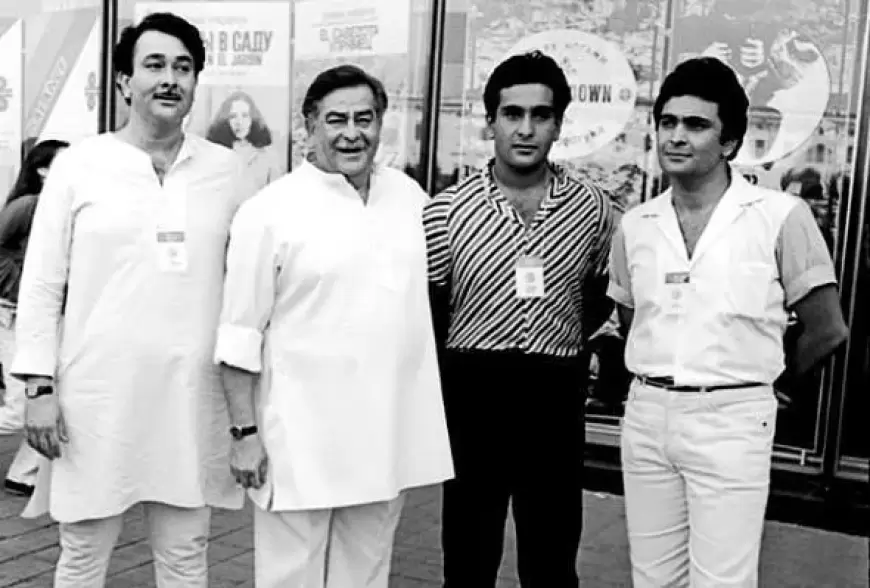
Raj Kapoor was hitched to Krishna Kapoor, and they had five children: Randhir Kapoor, Rishi Kapoor, Rajiv Kapoor, Ritu Nanda, and Reema Jain. His children and grandsons have moreover made noteworthy commitments to Indian cinema, carrying on the family's bequest.
Passing and Bequest
Raj Kapoor passed away on June 2, 1988, at the age of 63. His passing was a major misfortune for Indian cinema, but his bequest proceeds to rouse and engage groups of onlookers. He will continuously be recalled as one of the most prominent producers of all time, and his commitment to Indian cinema will never be overlooked.
What's Your Reaction?









